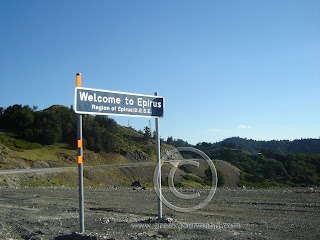Feta Fritters (Φέτα Τηγανίτες)

Feta fritters best served hot! - Click to Enlarge Image This coming Wednesday, I will be doing a Greek cooking demonstration entitled “Things to Do with Feta Cheese” to an audience of some 20 people or so; this is one of the recipes that I will be presenting. Credit for the recipe goes to my Aunt Dimitra, who has been making these tasty little bites for as long as anyone in my family can remember. She has graciously allowed me to add this dainty to my repertoire of Greek food recipes and thereby make it my own. This little morsel is especially popular with the kiddies, and makes for a great appetizer or snack with some cold Retsina wine and a few Kalamata olives. The key to this recipe is to chill the fritter mix well before cooking to ensure cohesion throughout the frying. Ingredients: 1 cup (250 ml.) good quality crumbled Greek feta cheese 2 lbs (1 kg.) potatoes 2 eggs, well-beaten 1 medium sized onion, finely diced ½ cup (125 ml.) dried bread crumbs ½ cup (125 ml.) Greek extra virgi
